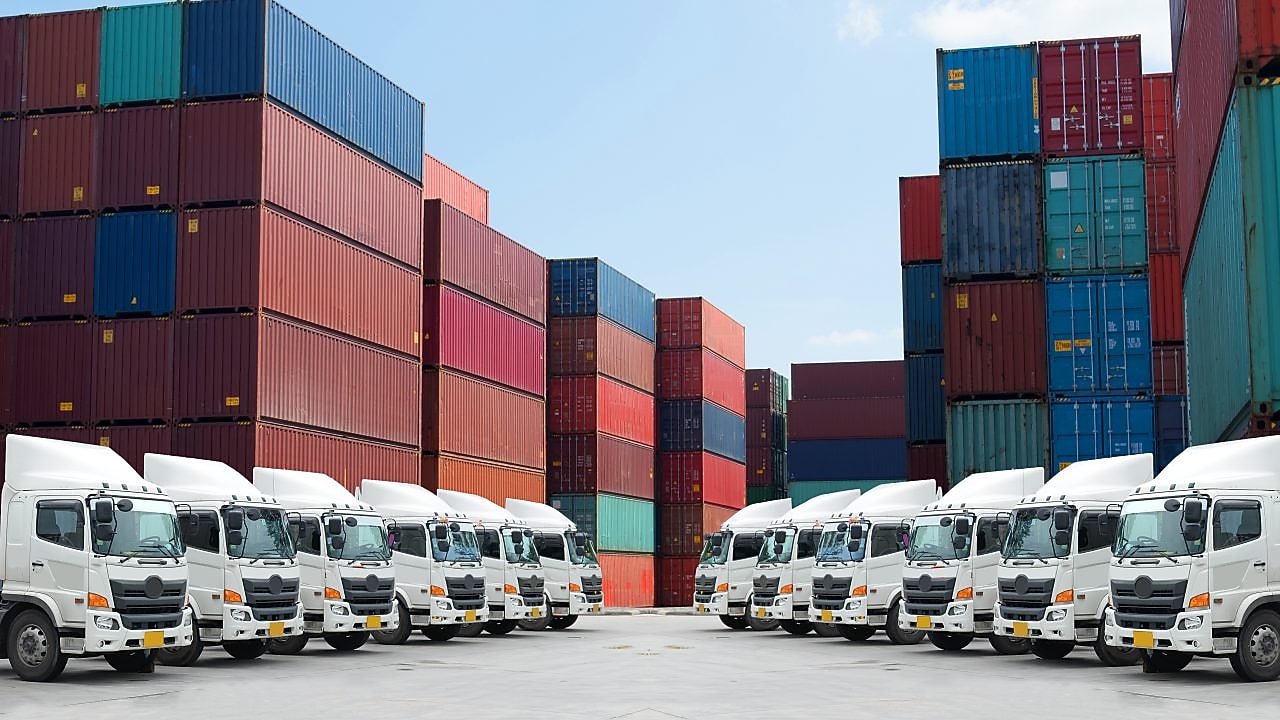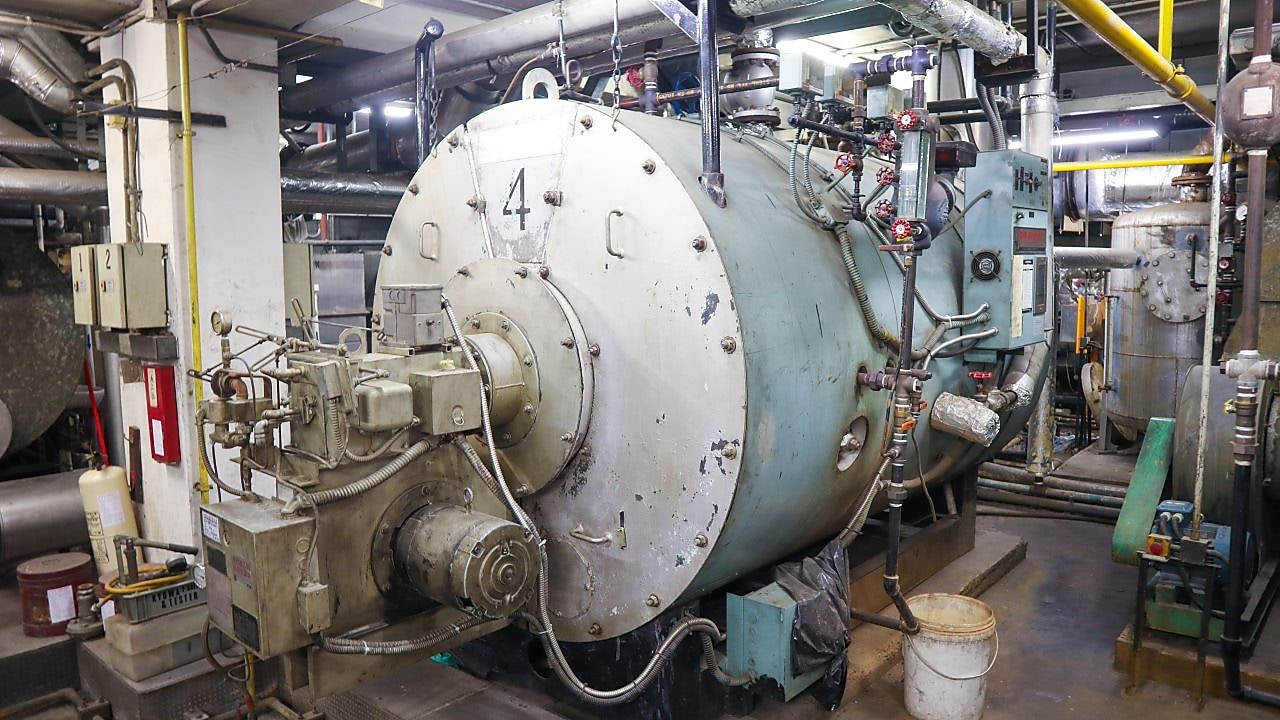
Shell Biodiesel

What is Biodiesel?
Biodiesel (or FAME) is a type of diesel fuel that is made from vegetable or animal oil rather than fossil crude oil. FAME stands for Fatty Acid Methyl Ester and is produced via a chemical transformation of vegetable oils (e.g. rapeseed, soy) into their corresponding esters. Until that transformation (called transesterification) takes place, cooking oils and other vegetable oils are simply the feedstock for biodiesel production.
As such they are unsuitable for use as fuels in modern diesel engines. Biodiesel can be used in neat form or as a blend component at different levels that can be used in many heavy-duty diesel engines.* Customers who use products with bio content in heavy duty vehicles, particularly at levels higher than 10%, need to be aware that some properties of biodiesel are different to those of conventional diesel. This warrants certain changes in the way fuels with higher bio concentrations are stored and handled.
*Vehicle manufacturers’ advice should be sought before running vehicles on neat biodiesel (or blends higher than the typical market level).
Terminology (B100/B5/BX)
- B100 = biodiesel in its pure form (100% FAME)
- For FAME blends with conventional diesel, the general term BX is used, where “X” refers to the volume percentage of biodiesel in the blend.
- B5 is 5% biodiesel and 95% diesel (common in Hong Kong)
- B7 is 7% biodiesel and 93% diesel (common in the East and Europe)
Why use Biodiesel?
Lower “well-to-wheel” CO2 alternative to conventional diesel and a step towards alternative industrial fuels.**
Helps improve energy security – particularly when domestic raw or waste materials are used which are produced sustainably.
OEMs generally accept biodiesel blends up to B7 as part of the European specification for diesel fuel, EN590, ASTM D6751 or equivalent.
Helps diversify the liquid road transport and industrial fuel pool.
** Depends on several factors, such as how the raw materials are produced.

Shell Hong Kong Limited collaborated with The Chinese University of Hong Kong (CUHK) by providing technical support to CUHK’s Security and Transport Office and introducing Shell FuelSave B5 Diesel to the institution. This collaboration has successfully solved the long-standing problems of engine failures and smoke emission of campus buses.



